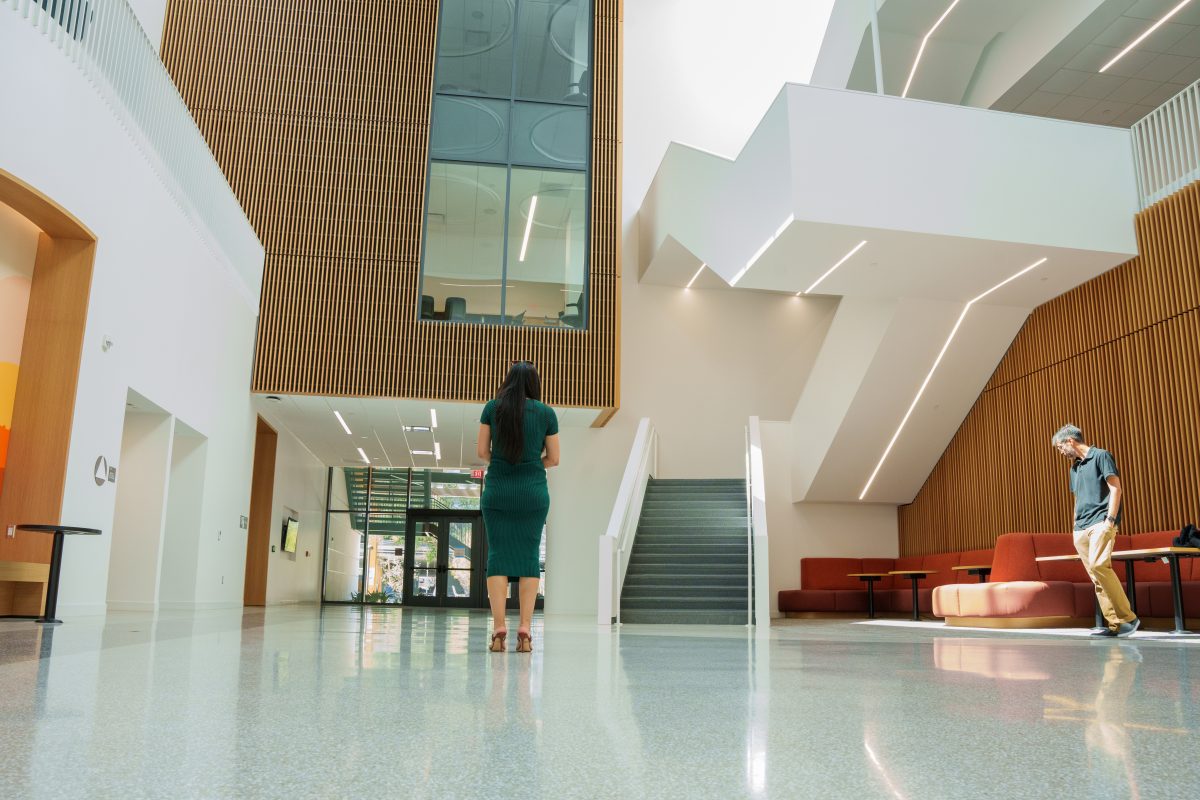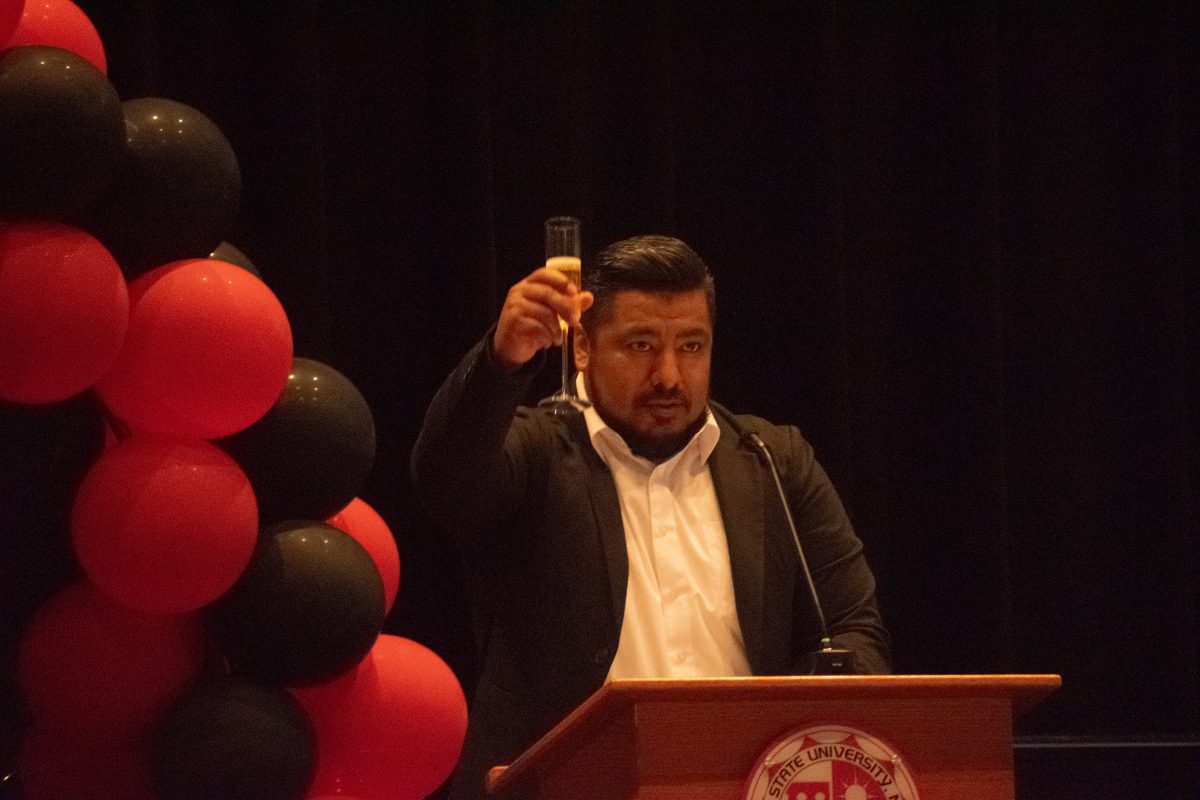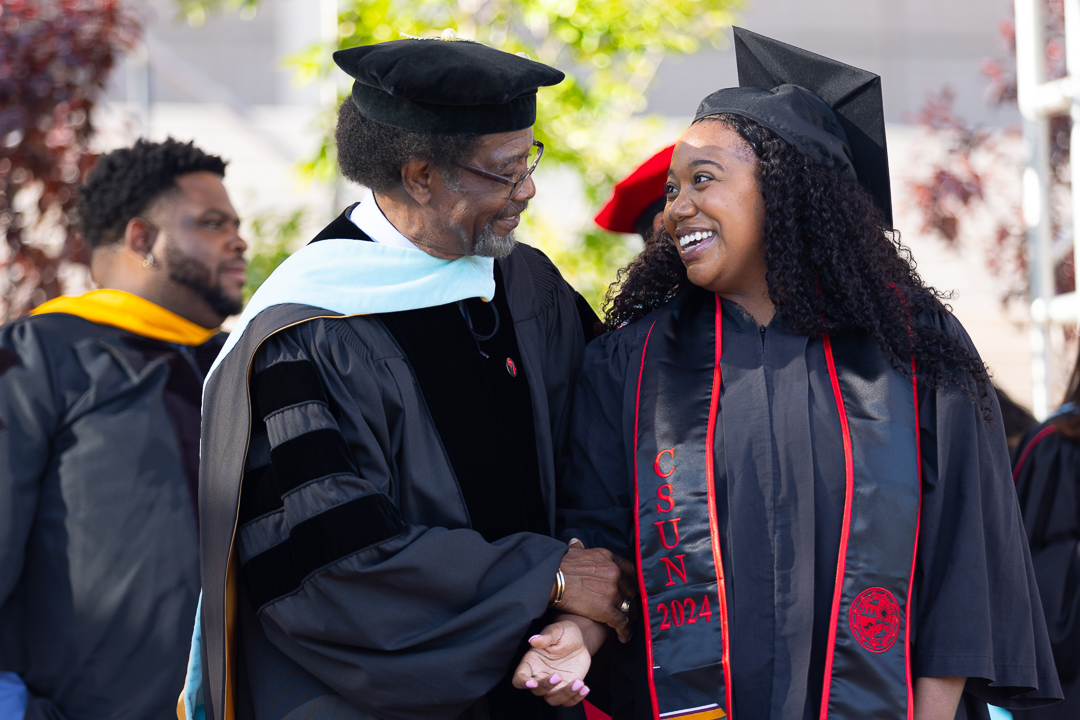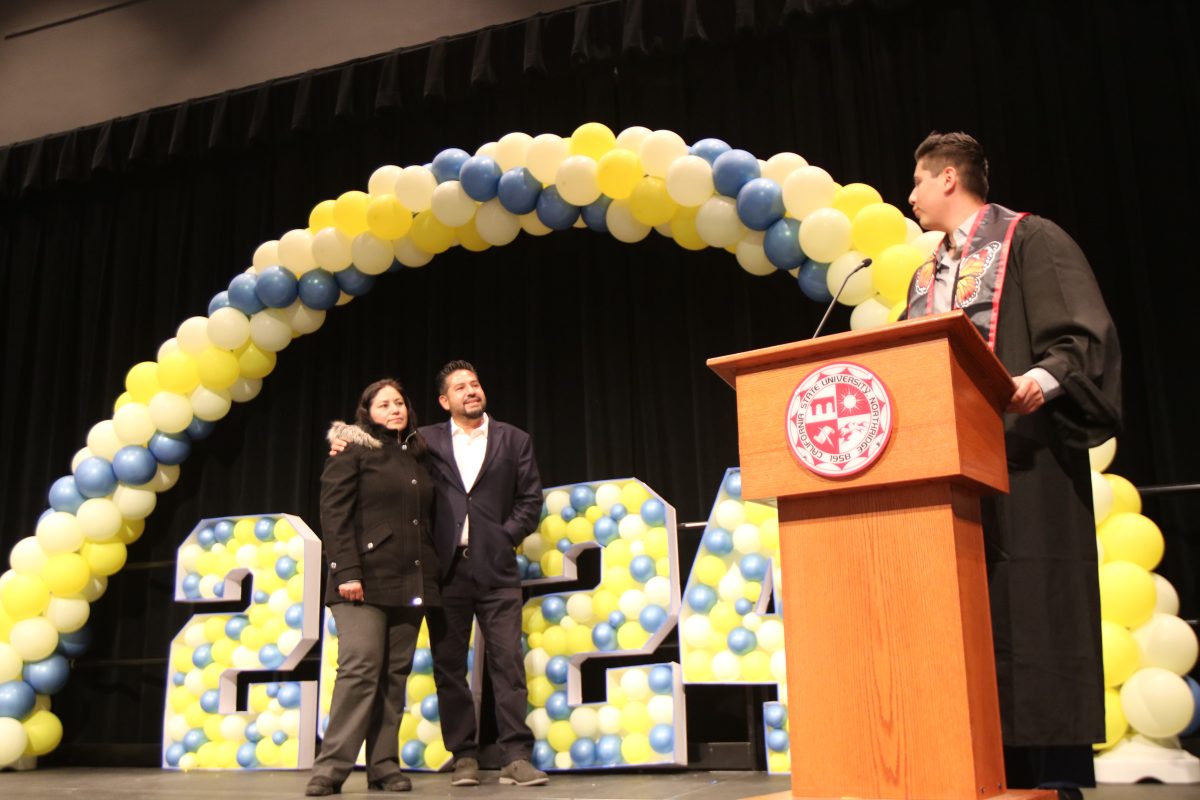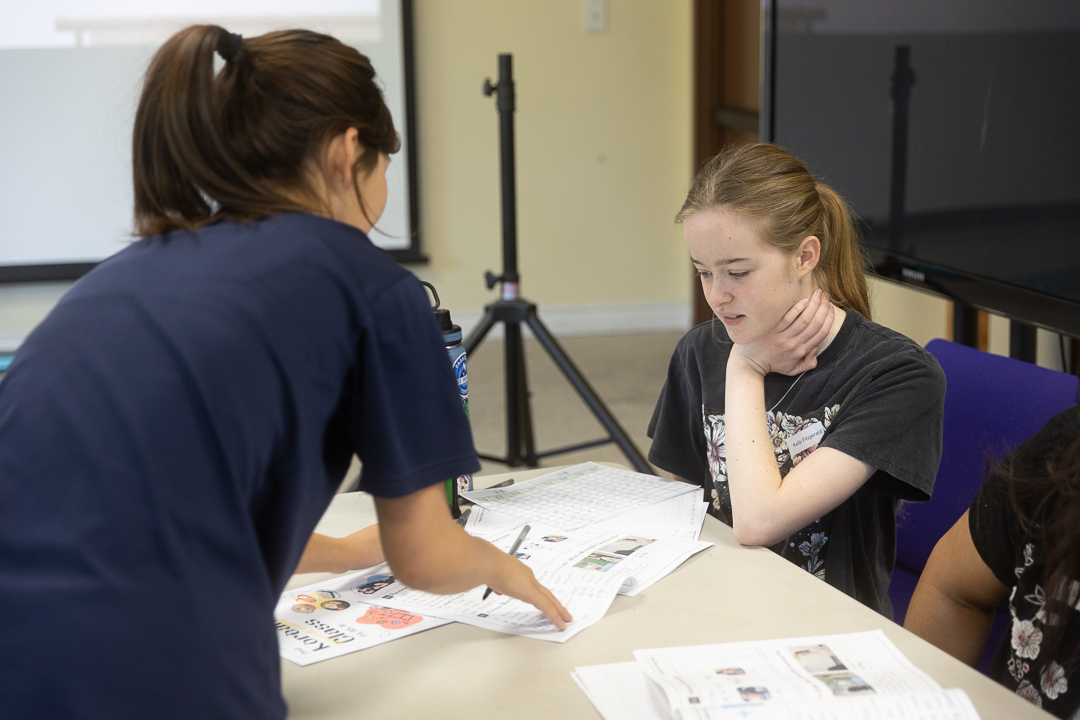Dr. Mihaly Csikszentmihalyi met with students and faculty to explain his groundbreaking research into the idea of “Flow” in the Kurland Lecture Hall, Monday, Feb 9.
He described the concept, which he has studied for more than 25 years and written about in his book “Flow: The Psychology of Optimal Experience,” as a state where attention is focused on a “limited stimulus field,” and there is full concentration. While experiencing flow, a person will lose their sense of time and self and the activity becomes its own reward.
“It’s something that happens when you are doing these things—singing, dancing, sport—because these activities are learned, generation after generation, only because they produce this experience,” Csikszentmihalyi said. “They don’t necessarily make you richer or more powerful, but they make your life better.”
He has found that people can experience flow through all kinds of activities, including reading, art or even “those lucky people for whom the job itself produces flow.”
His research has focused most recently on how work can induce a flow state and has been widely applied by companies like Sony to increase their workplace productivity.
“People describe their best moments when they feel their skills are just able to manage the opportunities or challenges in a situation,” he said.
Michael Spagna, dean of the Michael D. Eisner College of Education, said that he hoped to be able to apply these concepts within his school and that often, attempts to educate young people unintentionally reduce the chance of achieving a flow state.
“It’s an important observation that I’d like to share with you that flow, the power of positive psychology, is something that I hope that we would all embrace in our professional careers,” Spagna said.
The idea for Csikszentmihalyi’s research, though, did not come from observing people at work but from his experiences as a World War II survivor.
While almost everyone he knew had lost all their material possessions and there was no sense of permanence in their situation he saw that “there were some of the adults who seemed to have preserved some kind of inner identity and strength. They were still able to fashion for themselves a life that seemed meaningful and exciting for them.”
After studying the works of Freud and Jung, he moved to America, where he decided to study artists. It was there that he once more came across this phenomenon.
“I did my dissertation on creativity because creative people often go through very harsh situations because whatever they are doing is usually in no position to have a previous set of assumptions,” Csikszentmihalyi said. “Creative people are often those who survive opposition to their ideas.”
Erica Waldman, a professor in the psychology department, discussed with Csikszentmihalyi how divided attention affects the ability to enter a flow state, especially with the ready availability of technology and social media.
“These days I’m mostly studying food choice and decision-making, factors that influence decisions, but I have studied divided attention and multi-tasking. I haven’t specifically looked at flow states as a function of attention but that’s my next study actually,” Waldman said.
The two will be collaborating on a study in the coming months to research the topic further.

